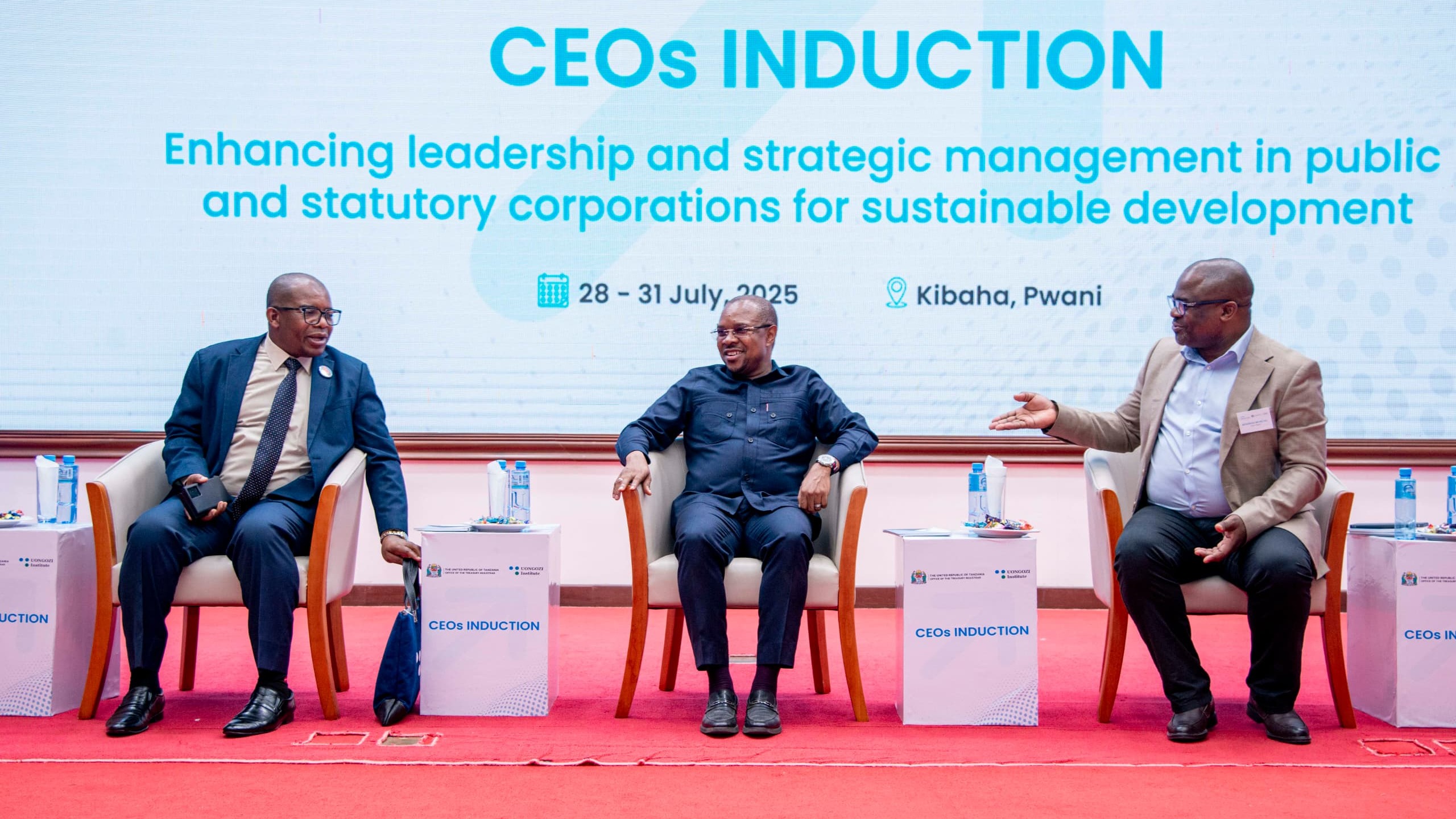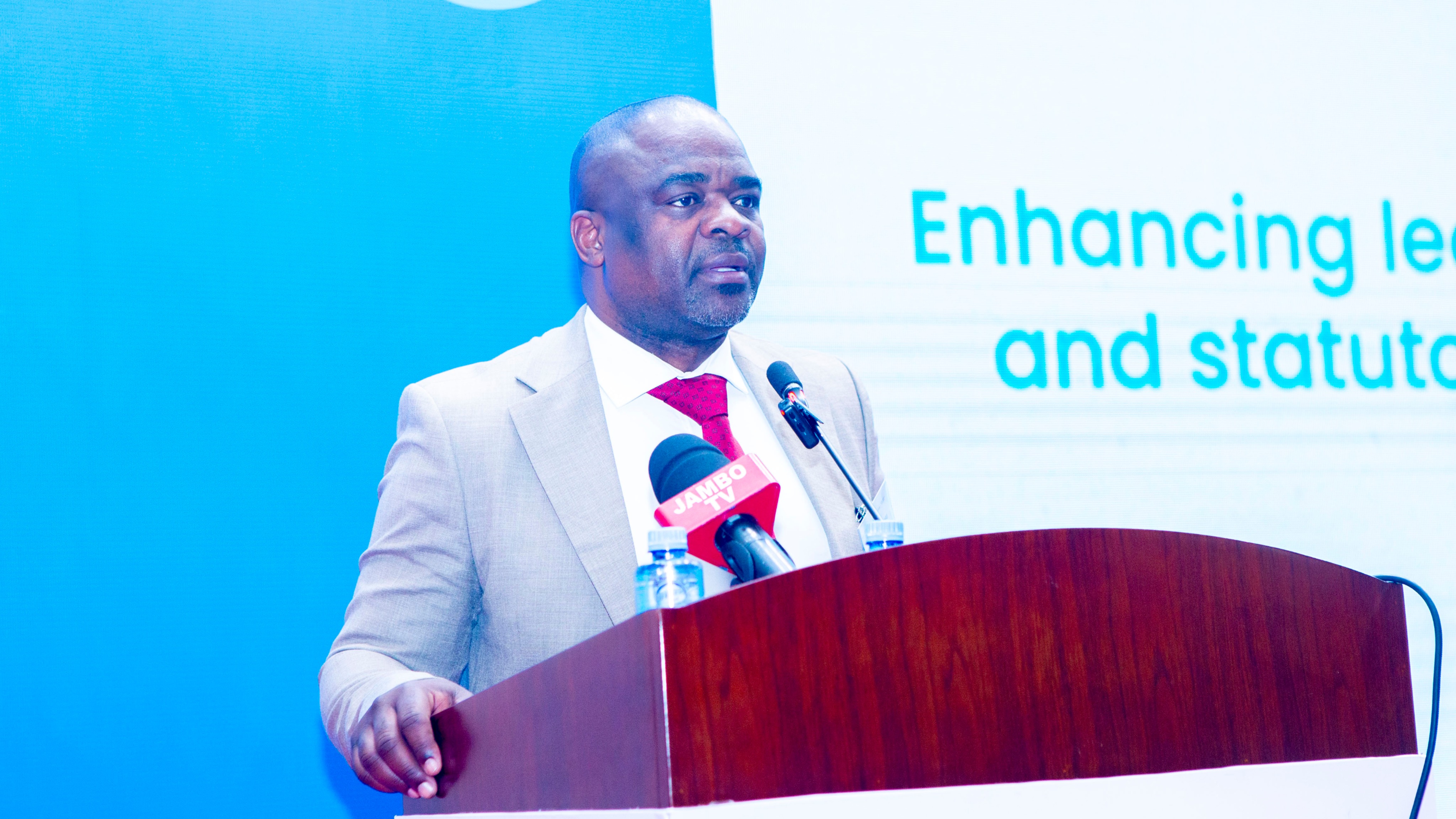Government issues six directives for public entities reform

By the OTR Staff
Kibaha, Pwani. The government has issued six directives to Chief Executive Officers (CEOs) of public institutions, aimed at increasing the efficiency of the entities they lead and reducing dependence on subsidies from the central government.
The directives, issued on Monday, July 28, 2025, by Chief Secretary Ambassador Dr. Moses Kusiluka and Treasury Registrar Mr. Nehemiah Mchechu, include strengthening revenue collection and controlling unproductive expenditures, as well as building institutional capacity through the improvement of human resources, technology, and infrastructure.
Other directives include increasing profitability for commercial institutions, improving service delivery for service-based institutions, embracing the use of ICT, and ensuring that every institution contributes to the implementation of the National Development Vision 2050, officially known as Dira 2050.
The directives were issued at the opening of a four-day CEO Induction Program, coordinated by the Office of the Treasury Registrar in collaboration with the Uongozi Institute, held at the Mwalimu Nyerere Leadership School in Kibaha, Coast Region.
Ambassador Dr. Kusiluka stated that in this new financial year, he would like to see public institutions avoiding unproductive spending and channeling more funds into national priority areas such as infrastructure, health, education, and social services.
“Chief Executives have a responsibility to ensure that their institutions are run based on principles of efficiency and high accountability,” said the Chief Secretary.
This call is not just administrative; it aligns with Tanzania’s push for fiscal sustainability.
With development financing tightening globally and donor funds becoming less predictable, the government appears to be pushing its institutions toward financial autonomy.
These reforms, therefore, are as much about budget discipline as they are about shifting the mindset within public leadership.
Dr Kusiluka added that for public institutions to become more efficient, they must build internal capacity by improving human capital, technology, and infrastructure.
He also urged public institution to ensure it plays its part in the successful implementation of Vision 2050.
This Vision aims to transform Tanzania into a high-middle-income, industrialized nation with transparent governance systems and prosperity for all citizens.
“Dira 2050 has set an ambitious target of achieving upper middle-income, industrial economy status with a GDP of $1 trillion and a per capita GDP of $7,000. This will not be a walk in the park—we must work hard to reach it,” asserted Ambassador Dr. Kusiluka.
He also noted that the CEO Induction Program, which brought together 114 public institution leaders, is an important event that reflects the government’s commitment to strengthening performance, good governance, and accountability in the public sector.
Building internal capacity was identified as a cornerstone for reform.
According to Dr Kusiluka, improving the quality of human resources, technology adoption, and infrastructure development will be critical in enabling institutions to operate effectively and meet performance benchmarks.
This resonates with the theory that strong institutions are essential for sustainable development, especially in emerging economies. Without internal capacity, even well-intentioned reforms often fail due to lack of implementation power.
For his part, the Treasury Registrar highlighted the need for commercially oriented public institutions to operate with greater efficiency, competitiveness, and innovation.
Mr Mchechu made it clear that profitability and reduced reliance on the national budget are no longer optional—they are expectations.
“These institutions must operate on commercial principles—competitive, innovative, and productive—so as to contribute effectively to the Government Consolidated Fund through dividends and other contributions,” said Mr. Mchechu.
He added that this goes hand-in-hand with embracing the use of ICT, and therefore public institutions should continue to allocate budgets for ICT investments and ensure systems are integrated to enhance efficiency.
“We must fully embrace ICT to achieve the desired productivity,” Mr. Mchechu said.
He further stated, “Ultimately, we want to see business-oriented public institutions operating commercially, thereby reducing or entirely eliminating dependence on the central government.”
Regarding service-based institutions, the Treasury Registrar urged them to continue improving their service delivery to citizens—ensuring quality, timeliness, and affordability.
“Public service is not a favor—it is a right, and our institutions must serve citizens with professionalism and respond to their actual needs,” said Mr. Mchechu.


